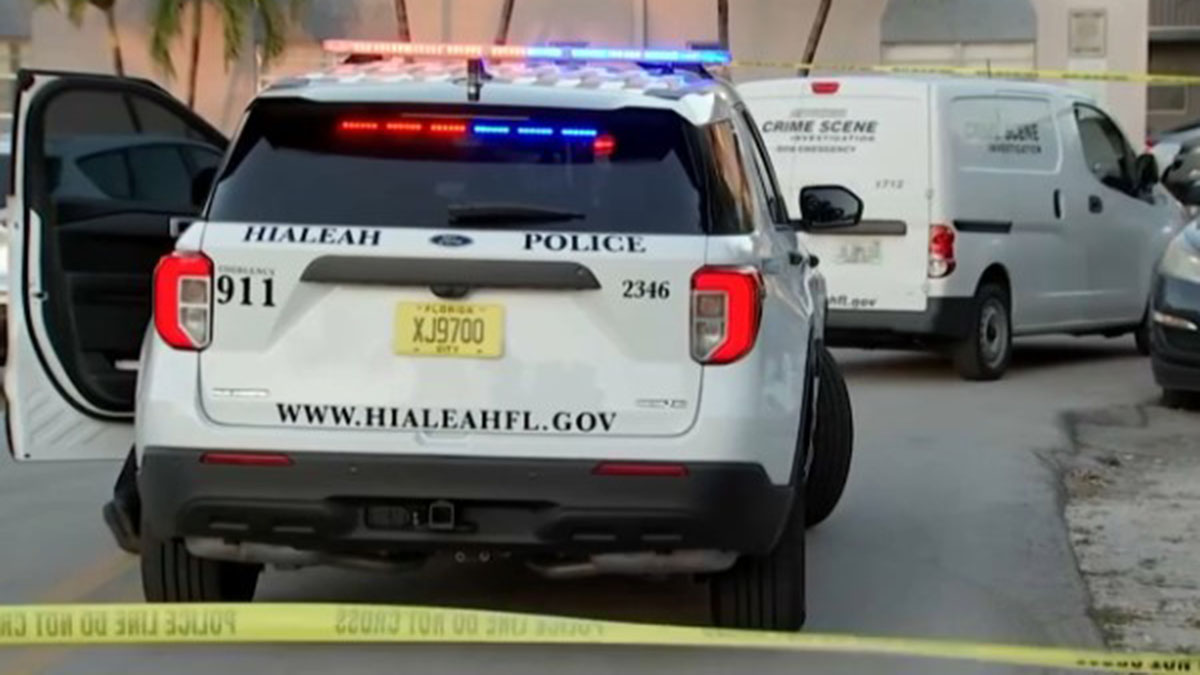Last week, thousands of folks in our area found out their student loans had been wiped out as part of several measures the Biden administration has taken to ease the burden.
Nearly 13,000 Floridians recently learned their federal student loans had been canceled. President Biden touted the relief as he campaigns for reelection, stating, "And it's good for the economy as a whole." He added, "By freeing millions of Americans from the crushing debt of student loan programs, it means they can finally get on with their lives instead of their lives being put on hold."
This group is the first to benefit from debt forgiveness under what’s known as the (SAVE) repayment plan, which allows those who borrowed less than $12,000 to have their debt forgiven after ten years of payments.
"Given that this is an election year, that will probably see more attention put on student loans by the Biden administration," said Jacob Channel, senior economist at LendingTree and a student debt expert.
Get South Florida local news, weather forecasts and entertainment stories to your inbox. Sign up for NBC South Florida newsletters.
Since the Supreme Court struck down Biden's initial student debt relief plan, his administration has canceled nearly $138 billion in student debt for almost 3.9 million people through executive actions. The administration is now developing a new plan that, according to higher education experts, could lead to debt forgiveness for up to 10 million people.
The Department of Education and its negotiators have identified five main groups who might benefit from this aid. They include:
- People whose total federal student loan balance is higher than what they originally borrowed.
- Those who have been making payments for 20 years or more.
- Individuals who went to career-training programs that didn't provide good value for the money, leading to unreasonable debt or poor earnings after graduation.
- Individuals who qualify for forgiveness who haven't applied yet.
- Borrowers facing financial hardships.
"But then the question becomes, who? What does that hardship look like? Especially how does that hardship relate to your student loan debt?" Channel said. "The moral of the story, the thrust is, is that this student loan forgiveness is designed to specifically help people who are struggling the most with their student loan debt."
Local
However, there’s a chance that it could face legal problems. Republicans have opposed these type of measures in the past, calling it an overreach.
"We're going to have to wait a while before we know exactly what form it'll take. And on top of that, unfortunately, we're going to have to wait even longer because once they try to implement it, who knows? There may be new legal challenges that appear," Channel said.
If you are struggling with your loans, experts recommend considering the SAVE plan, which can significantly reduce payments based on income and family size. For those in short-term financial binds, deferment or forbearance may offer relief. Keep in mind, each of these two options come with its own pros and cons.



